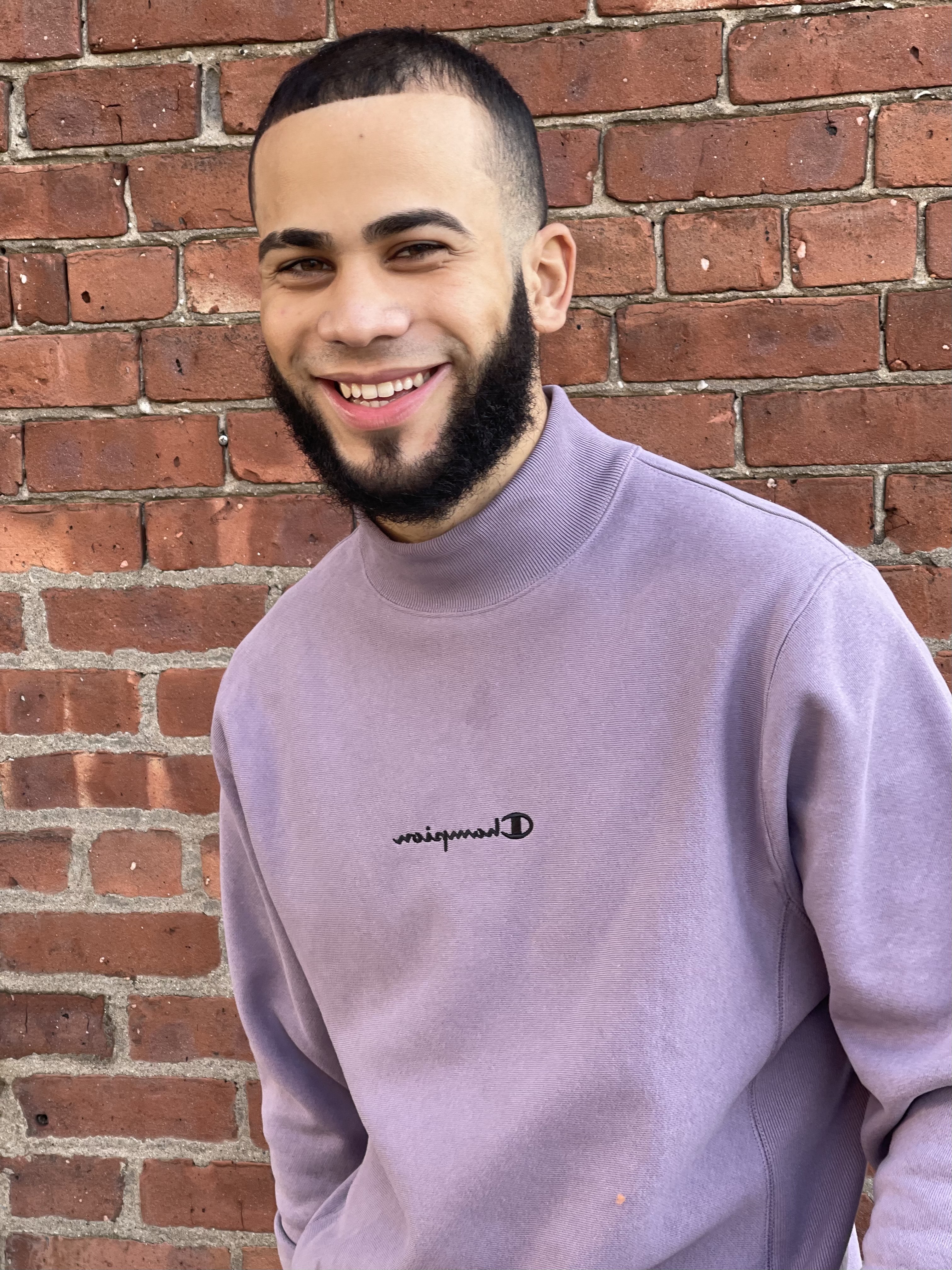SCORE-UBE (Sustainability Challenges for Open Resources to promote an Equitable Undergraduate Biology Education), EDSIN (Environmental Data Science Inclusion Network), B(ui)LDS (Biological Universal and Inclusive Learning in Data Science, BLUE (Biodiversity Literacy in Undergraduate Education), iDigBio (Integrated Digitized Biocollections), and QUBES (Quantitative Undergraduate Biology Education and Synthesis), and BioQUEST Curriculum Consortium are organizing a new webinar series entitled “Inclusive Teaching Practices in STEM Education.” The purpose of this series is to initiate discussion on topics related to inclusive teaching practices while building community among a diversity of STEM disciplines interested in creating a more inclusive learning environments for undergraduate students. Our partners represent very different communities in the world of STEM, but we are all really interested in fostering more diverse and inclusive communities, so one goal of this project is to raise awareness of the existing knowledge base and resources that exist.
Title: A Case of Representational Injustice: Investigating Racial Diversity and Stereotypes in Open Education Resources for Problem-Based Learning
When: November 10th 2021 at 3:30pm ET
Registration Link: https://ufl.zoom.us/meeting/register/tJwtc-ihpjooH9f9QusUspJMYLpVNKsyxTVs
Abstract: Within the landscape of Open Education Resources, case studies which employ fictional narratives are published resources that facilitate problem-based learning in the sciences. Used as a resource within classrooms, case studies provide a narrative and questions to structure and guide small-group discussions among students. Such resources, though peer-reviewed, have not been investigated at scale. In this webinar, Dr. Jannelle Couret and Domingo Lora Medina discuss their analysis of approximately 900 case studies, revealing broad patterns of representational injustice.
Presenter Bios:
 Dr. Jannelle Couret
Dr. Jannelle Couret
With a broader mission of promoting restorative and humanizing pedagogy and research practices, Assistant Professor Jannelle Couret teaches and studies invertebrate biology and the ecology of mosquito- and tick-borne pathogens. She earned a PhD in Population Biology, Ecology, and Evolution of Infectious Disease in 2014 from Emory University, a Master of Environmental Management and Public Health from the Duke University Nicholas School of the Environment, and a bachelor’s degree from Princeton University. After completing a Multicultural Faculty Fellowship at URI, Dr. Couret joined the Department of Biological Sciences in 2017. She currently co-chairs the URI College of the Environment and Life Sciences Diversity Committee and co-founded Voices of Inclusion in Communities of Education and Sciences (VOICES); a non-hierarchical learning community where community members deepen our understanding of issues facing minoritized groups in higher education through reading and discussion.
 Domingo Lora Medina
Domingo Lora Medina
Currently a senior at the University of Rhode Island, Domingo Lora Medina will graduate in May with a major in Biological Sciences and a minor in Africana Studies. He has been working toward social justice through independent research, working with Dr. Rae Green to investigate the health impacts of incarceration on Black people and working with Dr. Couret to evaluate the extent of racial representation in problem-based learning materials available online. Working with Diversity Dialogues as well as with the Diaspora Summer Academy, Domingo facilitates conversations centered on social change, challenging students to think about how they fit in a complex and racialized society. While committed to continuing to empower his community through education, Domingo plans to pursue a PhD in Biological and Environmental Science at the University of Rhode Island in 2022.







